Workers in newer Member States expected to work three weeks more per year
Workers in Member States that joined the EU after May 2004 were expected to work close to three full working weeks per year more than those in ‘older’ Member States in 2018.

Workers in Member States that joined the EU after May 2004 were expected to work close to three full working weeks per year more than those in ‘older’ Member States in 2018.

Germany this week celebrates 29 years since reunification, and next month will celebrate the 30th anniversary of the fall of the Berlin Wall. To mark this significant time, we share our research data, findings and analysis to provide a snapshot of Germany’s living and working conditions.

With a new European Parliament in place, and a new Commission imminent, it's all change at European level. Eurofound's upcoming research for the rest of 2019 reflects both established priorities under its work programme, as well as ongoing developments in work and life in Europe.
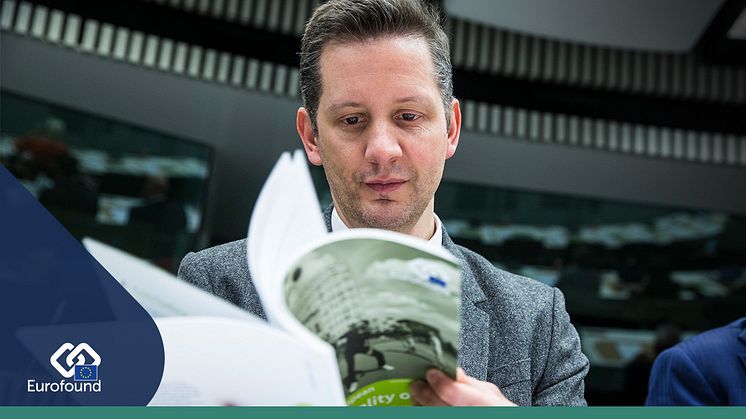
As Cyprus celebrates Independence Day today, we mark the day by sharing our research data, findings and analysis to provide a snapshot of living and working conditions in Cyprus today.
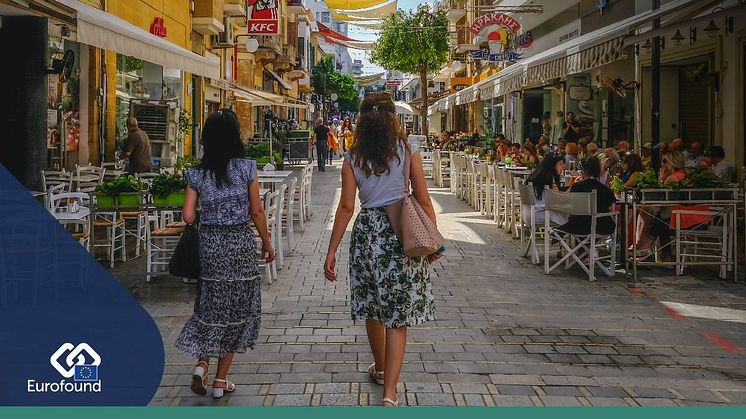
Strong upward convergence in employment and socioeconomic conditions has emerged between EU Member States over the past 20 years despite the negative effects of the economic crisis, according to new research from Eurofound.

Platform work across the European Union can facilitate better access to the labour market for disadvantaged groups, encourage participation among those with other responsibilities and foster self-employment and entrepreneurship. Eurofound’s new policy brief highlights the main opportunities and challenges of platform work and illustrates some of the first attempts at addressing them.

As Malta celebrates its Independence Day, we mark the day by sharing our research data, findings and analysis to provide a snapshot of living and working conditions in Malta today. Eurofound has been monitoring and reporting on the improvement of living and working conditions in Malta, in comparison to the other EU Member States, since before accession to the EU.

As Slovakia tomorrow celebrates Slovak National Uprising Day, we mark the day by shining a spotlight on the ever-improving living and working conditions in Slovakia.
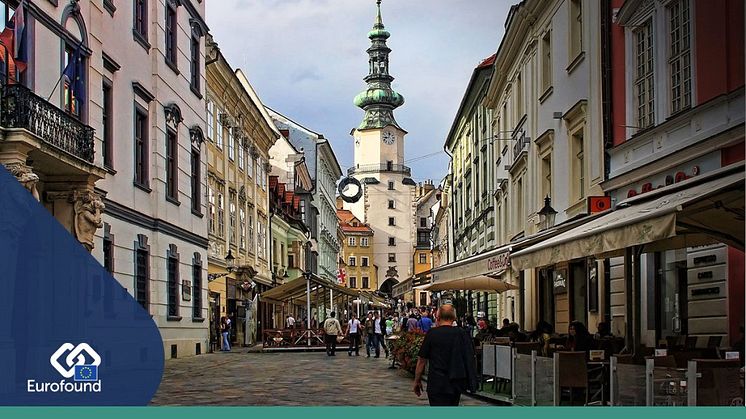
This graph, based on Eurostat data, shows that gender is an important factor in depression. In most Member States young women aged 15–24 were more likely to suffer from depression than young men. The greatest gender gaps were in Denmark, Germany, Ireland and Sweden. Only in Cyprus, Greece and Lithuania were there higher percentages of young men with depressive symptoms.
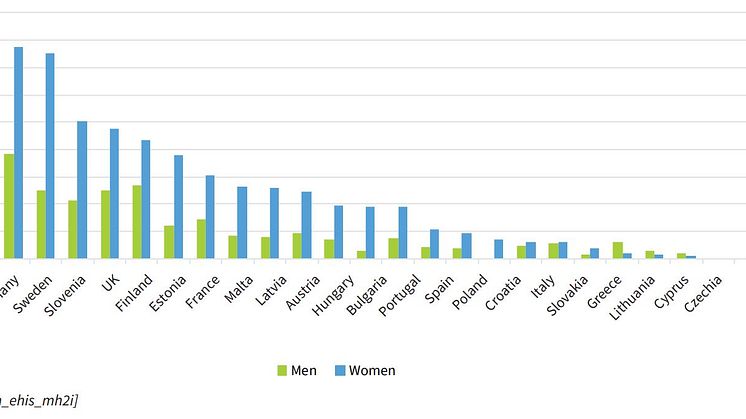
Across the EU, 14% of young adults are at risk of depression, and 4% of young people aged 15-24 suffer from chronic depression. Young women are more likely to find themselves not in employment, education or training, and are significantly more likely to suffer depressive symptoms than young men

The latest Annual Review of minimum wages in Europe gives a detailed analysis of minimum wage rates across Europe, and not only looks at the nominal and real terms increased in minimum wages - but also levels of taxation and net pay.

The latest Annual Review of minimum wages in Europe shows that there have been increases to the minimum wage across almost all Member States, in both nominal and real terms. The report also highlights that women are over-represented among minimum and low-wage earners.

La última revisión anual de los salarios mínimos en Europa muestra que se han producido aumentos significativos en los salarios mínimos de varios Estados miembros de la UE, tanto en términos nominales como reales.

La plupart des États membres de l'UE ont enregistré des hausses de salaires pour les bénéficiaires de salaire minimum et les bas salaires, les salaires minimums et les bas salaires ont en effet progressé dans la plupart d'entre eux, du fait de l’augmentation des salaires minima légaux qui ont augmenté dans presque tous les pays depuis janvier 2018.

There have been wage increases for minimum and low-wage earners in most EU Member States, with rises in statutory minimum wages in almost all countries since January 2018. While these increases are welcomed as good news for minimum wage workers, Eurofound’s research shows workers may not automatically feel the positive impacts of these changes.

The votes have been cast, tallied and declared and we can now see the political landscape of the new European Parliament. To what extent have mixed developments in employment and quality of life contributed to the more fractured political landscape? And can the EU continue to deliver to the more diverse demands of citizens across Europe?

As citizens across the EU prepare to cast their vote in the European elections, the latest Living and working in Europe report from Eurofound looks at how work and life has changed in the EU since 2015.
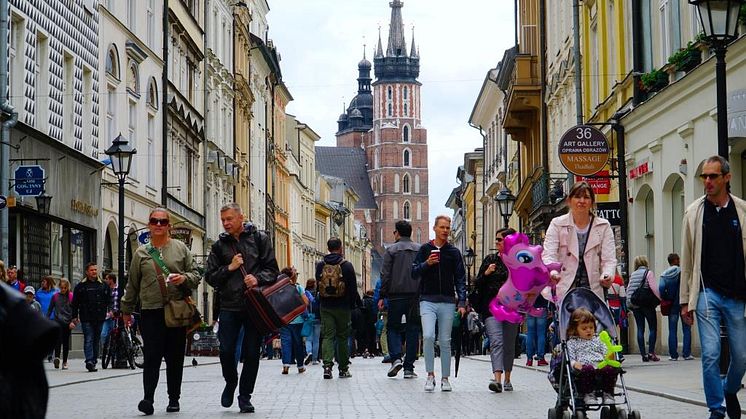
People at work in Europe report good health and well-being, and increased control over their work activities. However, Eurofound data shows that work is also becoming more emotionally demanding, which poses a risk to health, as well as the long-term sustainability of work itself.

Imagine you’re at work and something happens: you have to leave to visit a client, you have to go home to let in the plumber, or you have to collect the kids from school as the football training has just been cancelled. If you’re lucky, your employer gives you the flexibility to do this. If you’re even luckier, it is YOU who decides upon your schedule and place of work.

Despite differences in economic structure, labour markets and development, a pioneering study of the working conditions and job quality of 1.2 billion workers finds common concerns and challenges across 41 countries and four continents, according to a new report from the International Labour Organization and Eurofound.
